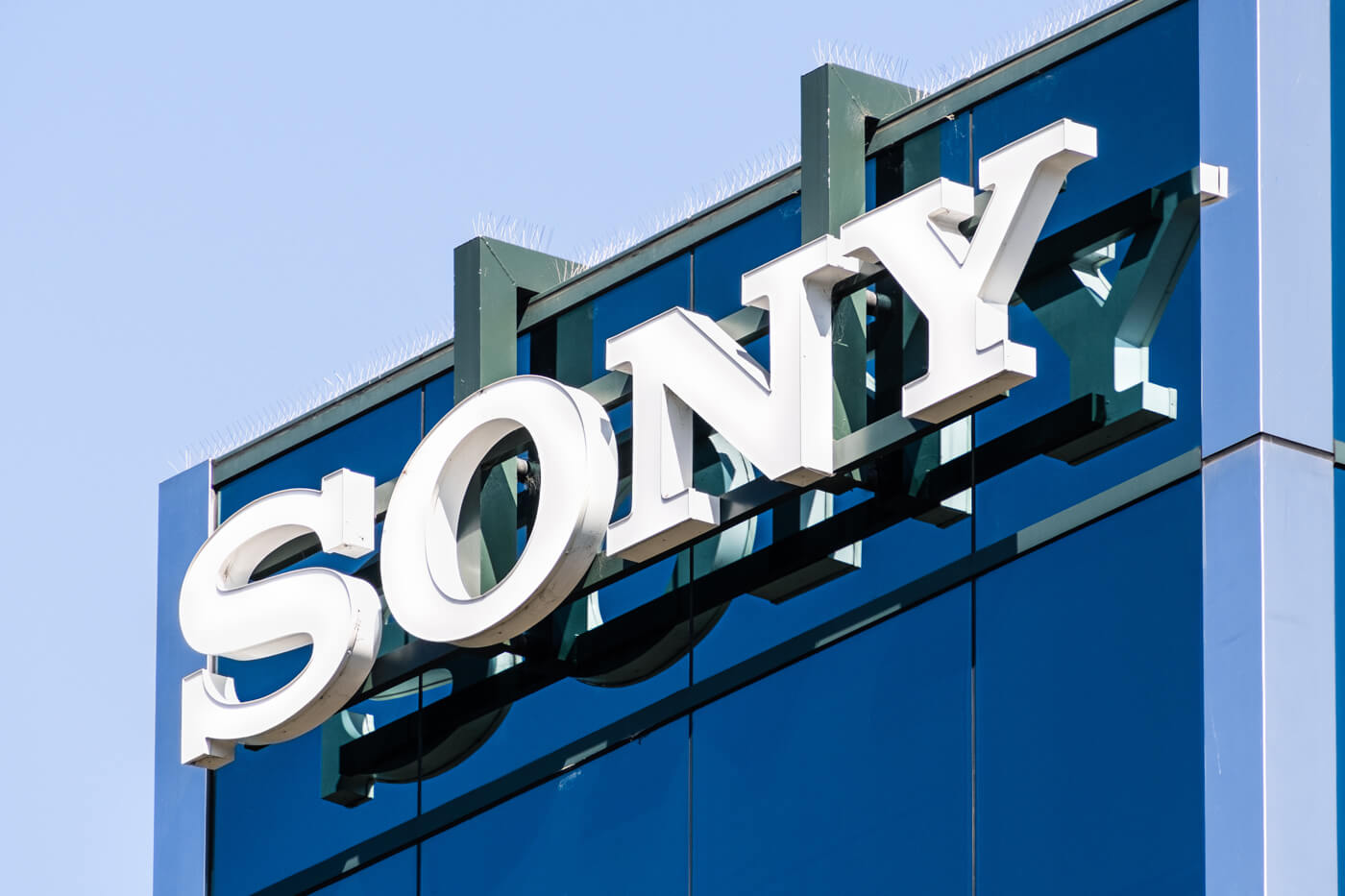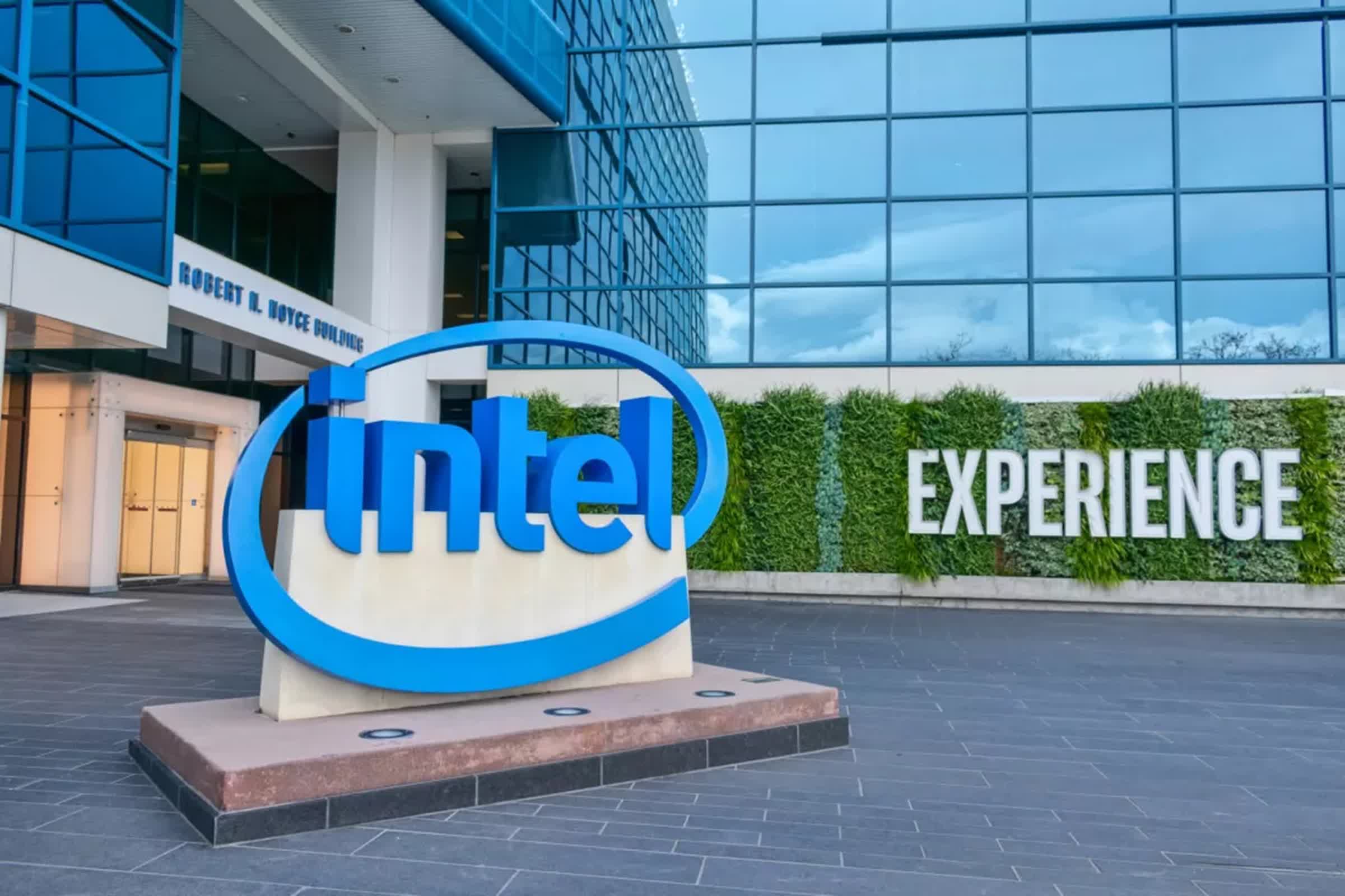The big picture: Intel’s processor and manufacturing businesses have encountered strong headwinds recently. The company tried to strengthen its revenue stream two years ago by breaking AMD’s near-total dominance of the lucrative gaming console sector. Ultimately, Intel may have lost a deal worth tens of billions.
Anonymous sources revealed that Intel unsuccessfully bid to design and manufacture the chips for Sony’s PlayStation 6 two years ago. Unsurprisingly, Sony will use an AMD-designed processor for the third time in a row with semiconductors from TSMC.
Reuters reports that Sony initially showed interest in using one of Intel’s process nodes for the PlayStation 6 following the 2021 announcement of plans for a new fab that launched in February. So, Intel initially began negotiating with Sony over a next-generation chip design the following year.

Meetings between the companies’ CEOs, executives, and engineers lasted months, indicating that Sony might have seriously considered Intel’s proposal. However, the two couldn’t agree on the profit margins for each chip sold. Ultimately, longtime PlayStation and Xbox partner AMD outbid Intel and Broadcom.
Backward compatibility was another primary concern. Designing the PlayStation 5 and Xbox Series consoles to support games from the older PlayStation 4 and Xbox One was relatively straightforward because both generations used AMD x86 hardware. However, making an Intel processor backward compatible with legacy software would have been significantly more expensive, though not impossible.

The deal could have generated around $30 billion in revenue for Intel’s hardware and manufacturing sectors, and the company certainly could have used the extra cash given its ongoing troubles. Missing the AI boom, leaking data center CPU market share, and limited success in foundries have seriously diminished Intel’s stock price, threatening to throw the company out of the Dow Jones. Intel responded by laying off thousands and is considering splitting off some of its divisions.
Console sales can decisively impact the companies that build chips for them. Sony’s choice to use AMD’s Jaguar processor for the PlayStation 4 might have rescued the chipmaker from bankruptcy. The PS4 eventually sold over 117 million units, likely becoming one of AMD’s most successful products and providing an invaluable revenue stream during its darkest days before the Zen CPUs brought it back to competitiveness with Intel.





